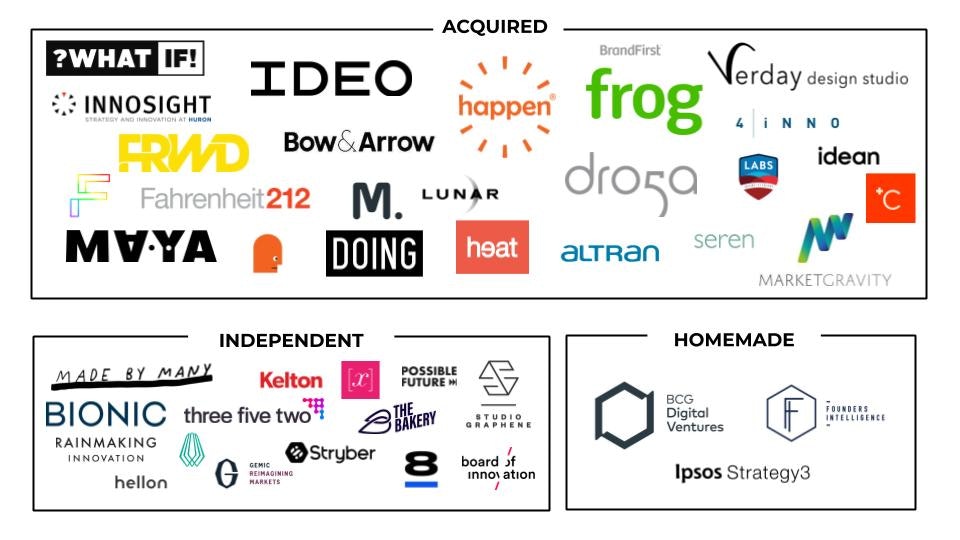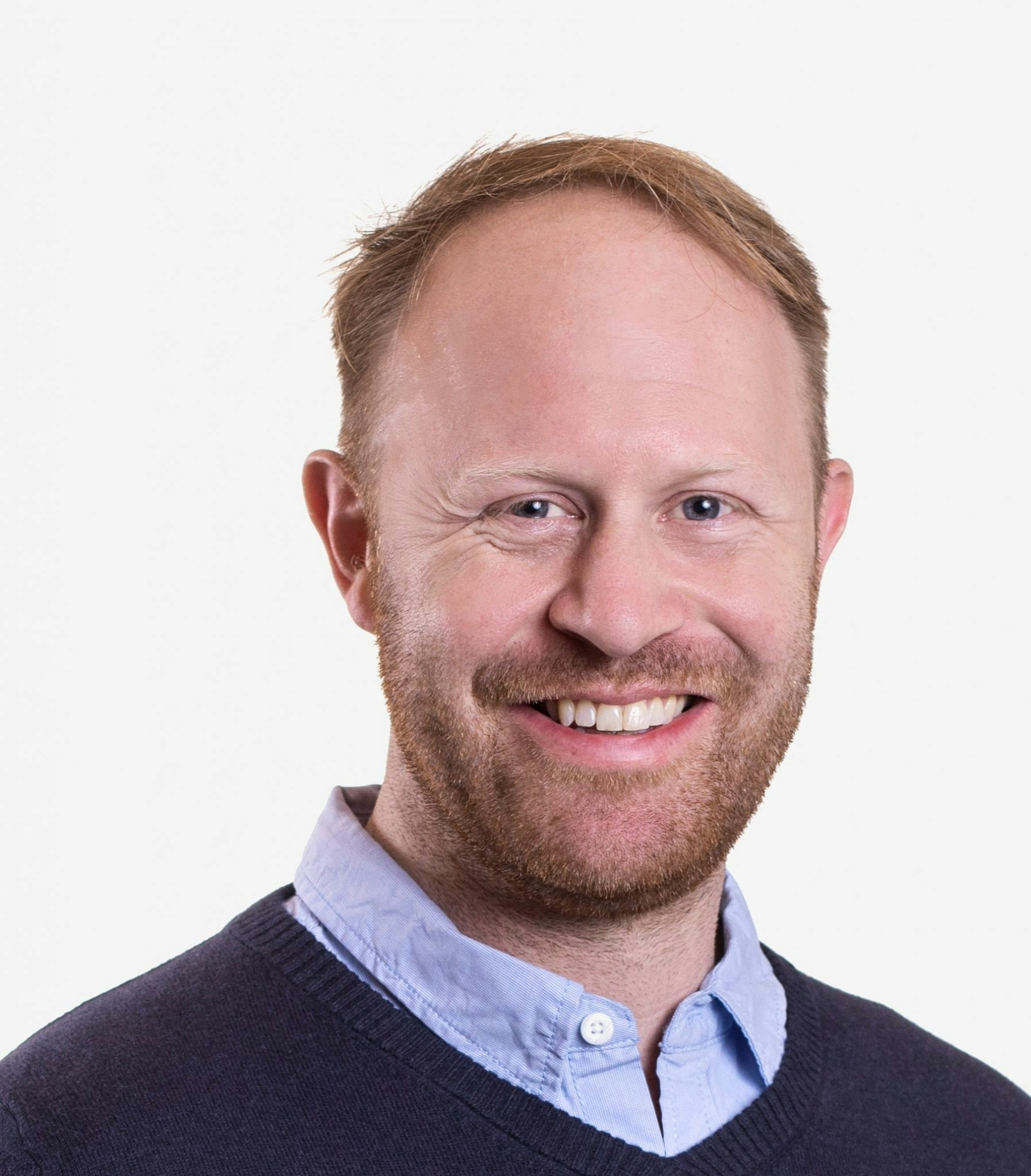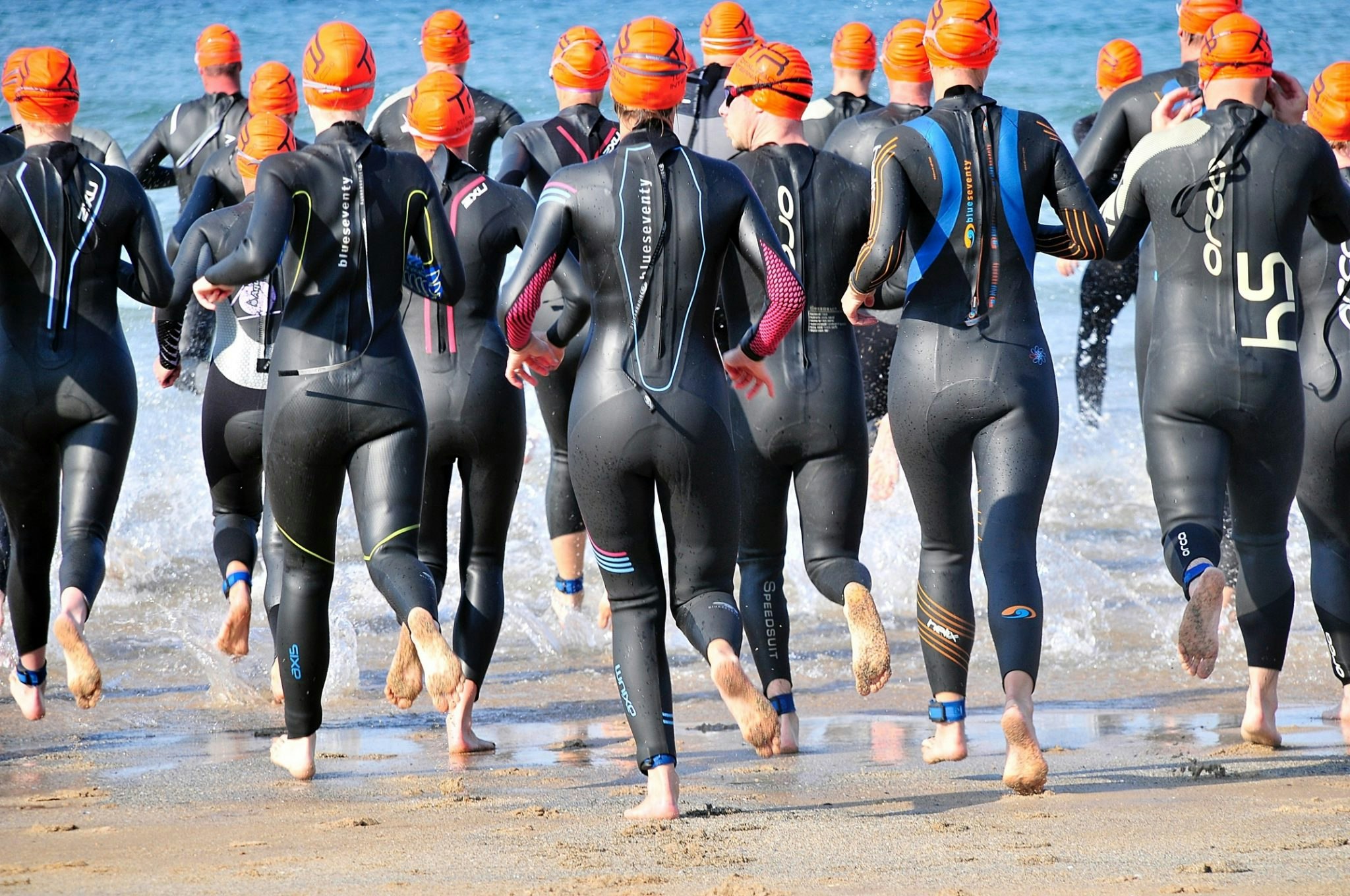Rainmaking, the London-headquartered innovation consulting and venture building company, is launching a new business model, which will see it drop the fees it would normally charge corporate clients for building a startup, in favour of co-invest in the business to reap bigger rewards later.
It means Rainmaking walking away from a significant amount of guaranteed upfront income. Typically, the company — which has built startups for clients like Engie, HSBC, Deutsche Post and Jaguar Land Rover — would charge several hundred thousand euros to validate and incubate a business idea. Taking it through to commercialisation would have cost the client several million euros more.
Corporations can’t buy innovation...because of the fundamental misalignment of incentives.
But Jordan Schlipf, chief executive of the new Rainmaking Venture Studio business, believes both corporate clients and Rainmaking will get a better deal by co-investing in startups.
“What we have seen in the last decade is the realisation the corporations can’t buy innovation. Consultancies and studios that charge a fee for ideating and building new ventures for the corporate rarely succeed, because of the fundamental misalignment of incentives. Simply put, the motivation for those studios and consultants involved is to maximise fee income, not necessarily to produce a successful new venture for the corporate. Our model fixes that.”
The move may also be in part a response to corporate clients reining in spending on corporate innovation projects as they face an economic downturn. Rainmaking had already been developing the model pre-Coivid, but saw a strong increase in interest in it as a result of the pandemic. Many innovation consultancies have seen a slowdown in customer engagements in the wake of coronavirus crisis. A no-upfront-fee deal may appeal to customers at this time.
Rainmaking has already signed partnership deals like this with DPD Group, Admiral Group, Tryg and Topdanmark, and has launched two ventures: Undo (created with Tryg) and Heap (Topdanmark). UNDO has so far attracted more than 200,000 customers and is seeing 50% month-on-month growth, the company says.
A typical split ownership split in the new ventures is expected to be around 40% to the corporate partner, 30% to Rainmaking and the remaining 30% split between founders and key employees.
As a co-investor in the startup, Rainmaking would have more influence over structure, governance and hiring, and it would be more incentivised to make the startup a success than under the old model, where the company got paid regardless of the outcome.
In the long term, Schlipf says, he would expect the co-investing to make significantly more money for Rainmaking. The company might be forgoing a few million euros of fees, but would recoup an order of magnitude more than that if one of its investments turns out to be a hit. The pressure will be on, however, to make sure it does get a hit.


